
- Subject:
- Psychology
- Material Type:
- Unit of Study
- Provider:
- Rice University
- Provider Set:
- OpenStax College






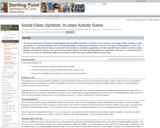
This sites provides three interactive games related to social class and personal possessions indicative of class.
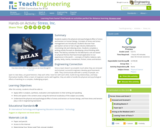
Students explore the physical and psychological effect of stress and tension on human beings. Concepts of stress and stress management are introduced. Students discover how perception serves to fuel a huge industry dedicated to minimizing risk and relieving stress. Students complete a writing activity focused on developing critical thinking skills. Note: The literacy activities for the Mechanics unit are based on physical themes that have broad application to our experience in the world concepts of rhythm, balance, spin, gravity, levity, inertia, momentum, friction, stress and tension.
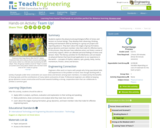
Students explore the physical and psychological effect of stress and tension on human beings. They develop their observing, thinking, writing and teamwork skills by working on a group art project and reporting about it. They learn about the stages of group formation, group dynamics and team member roles that make for effective teams. In the process, they discover how collective action can foster a sense of community support, which can alleviate personal feelings of stress and tension. Note: The literacy activities for the Mechanics unit are based on physical themes that have broad application to our experience in the world concepts of rhythm, balance, spin, gravity, levity, inertia, momentum, friction, stress and tension.
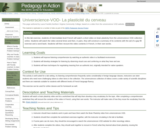
In this lab exercise, students of intermediate-level French will watch a short video on brain plasticity from the universcience VOD collection online.
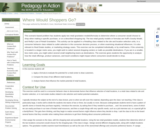
Two formulas and a scenario for students to apply two retail gravitation models used to predict where shoppers will choose to shop.
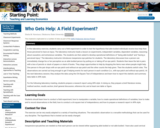
Students carry out a field experiment in order to test the hypothesis that able bodied individuals receive less help than those perceived to have an injury. Students collect and analyze data and write an APA style research report.
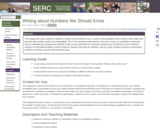
This opening assignment for an introductory quantitative reasoning course asks students to write about "Numbers We Should Know." Its goal is to help students begin to think quantitatively, evaluate the sources of quantitative information critically, and write using numbers precisely and thoughtfully.